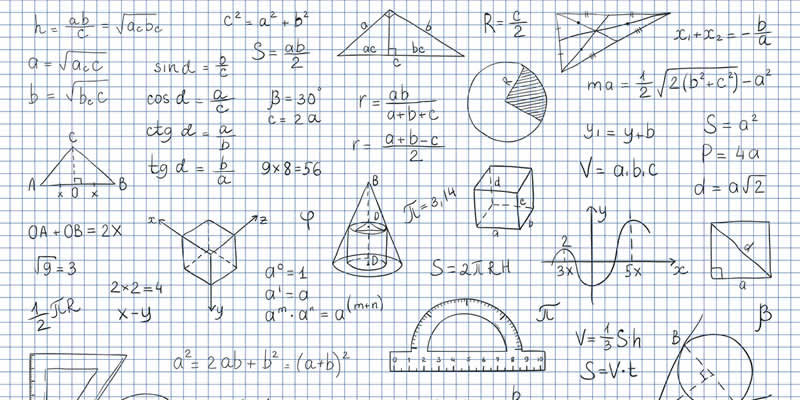A person’s education brings “tangible benefits” to their partner’s health, a new study has shown.
Researchers examined more than 50 years’ worth of data to investigate the extent to which spousal education impacts on a person’s overall health.
The team from Indiana University found that the effect has the same bearing as a person’s own education.
- ‘High level’ of education beneficial for brain health, scientists claim
- Diabetes management linked to education of mothers
Associate Professor Andrew Halpern-Manners said: “Our results show that who you’re married to, and how much education they have, matter for your health. This provides further evidence that education, in addition to being valuable for individuals, is also a sharable resource.”
The team examined the health, marriages and educational attainments of individuals, along with the educational attainments of their spouses.
While previous studies have demonstrated a link between spousal education and health, this relationship has been difficult to establish. People who are healthier have usually had more schooling and tend to partner with people who also have a high level of education, so the difficulty lay in isolating the specific impact of spousal education.
In response, the Indiana University team examined the health of people whose partners had varying levels of education. The researchers found that having an educated partner benefits a person as much as being highly educated themselves does.
- New study examines differences in children diagnosed with type 1 diabetes
- Man puts type 2 diabetes into remission 23 years since diagnosis
Associate Professor Andrew Halpern-Manners added: “The fact that we observe significant cross-over effects means that education has health-enhancing benefits for the individual, but it also has tangible benefits for those around them – especially intimate ties.
“This underscores the importance of education – as a public good worth investing in – and suggests that its overall public health impact may be larger than we typically imagine.”
The study has been published in the Journal of Health and Social Behavior.





